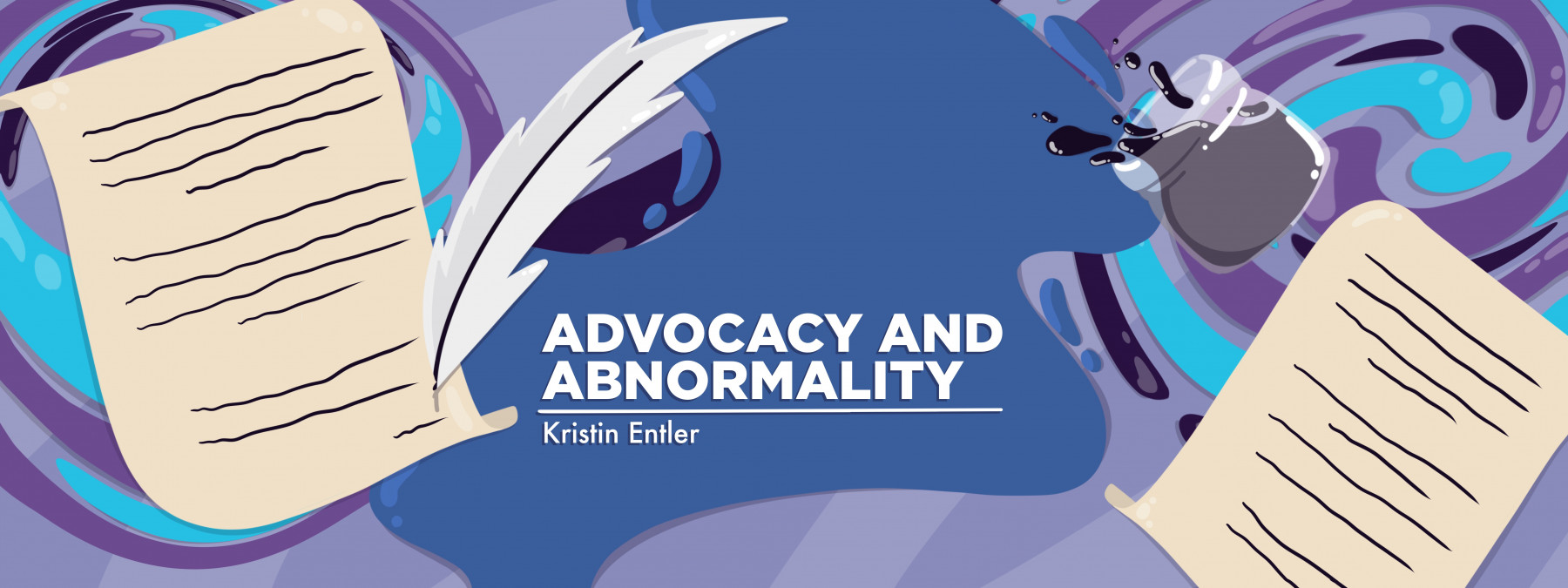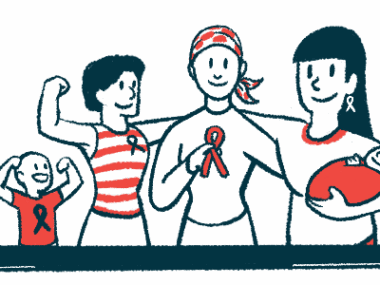We don’t need to ‘overcome’ a disability to be successful
Takeaways from watching disabled athletes compete in the Olympics
Written by |

The divers are synchronizing, the skateboarders are grinding, the gymnasts are flying through the air, and like so many others across the world, I’m sitting firmly in front of my TV, taking in all the spectacular feats of human capability.
Growing up, I remember going to the clinic every three months and having the physical therapist ask me the same list of questions, including “Do you play sports?” I’d answer no, and she’d ask why not? While my cystic fibrosis (CF) wasn’t the only reason I never played sports, it was definitely a factor. For example, basketball — an indoor sport that takes place during the peak of cold and flu season — held viral risks that could land me in the hospital.
Though I’ve never played sports, I love watching them. I was born and raised in Alabama, so college football was (and still is) central to my weekends in the fall. Our family friends would bring over their daughter every weekend to watch the games. She and I have often jokingly referred to each other as sisters.
The Olympics hold a similar nostalgic tenderness for me, as my family often watched the events with those same friends. As a lifelong appreciator of this global competition, I think the 2024 Games are the most disabled Olympics I’ve ever seen.
What it means to compete with a disability
The upcoming Paralympics will, of course, feature many more athletes with disabilities. But here’s a list of the disabled or chronically ill Olympians I’ve noticed in the past two weeks:
Gymnast Suni Lee has two rare kidney diseases, and gymnast Simone Biles has received praise for being open about her mental health journey. Gymnast Stephen Nedoroscik, affectionately known as “pommel horse guy,” has two eye conditions called strabismus (the medical term for crossed eyes) and coloboma (missing eye tissue). Track and field sprinter Noah Lyles, being heralded as the “fastest man alive,” has been open about his asthma, allergies, attention deficit hyperactivity disorder, anxiety, depression, and dyslexia. Multiple deaf or hard-of-hearing athletes have also competed in the Olympics.
Of course, the reason we know all of that is because the athletes have disclosed their health conditions. There may be others who haven’t spoken publicly about their illnesses or disabilities.
Unfortunately, much of the media coverage I’ve seen has focused on how these Olympians “overcame” their conditions. But in Lee’s case, for example, kidney disease is incurable. To say she’s overcome it wouldn’t be any more accurate than saying I overcame CF or CF-related diabetes to earn my Master of Fine Arts degree.
With chronic conditions, there is no overcoming — only managing as best we can. If we’re lucky enough, there may be medications or therapies available that help us feel well enough to participate in the activities we want to do.
I think that’s a cooler — and more accurate — way to talk about these Olympians’ journeys. I also can’t help but wonder if I would’ve been inspired to engage with sports as a child if I’d seen Nedoroscik talk about his eye condition or watched Lee take home gold for Team USA while living with an incurable disease. I hope young kids today can see through the media narrative that we somehow need to “overcome” our health conditions to achieve success. We can be successful just as we are.
Note: Cystic Fibrosis News Today is strictly a news and information website about the disease. It does not provide medical advice, diagnosis, or treatment. This content is not intended to be a substitute for professional medical advice, diagnosis, or treatment. Always seek the advice of your physician or other qualified health provider with any questions you may have regarding a medical condition. Never disregard professional medical advice or delay in seeking it because of something you have read on this website. The opinions expressed in this column are not those of Cystic Fibrosis News Today or its parent company, Bionews, and are intended to spark discussion about issues pertaining to cystic fibrosis.








Loke Keihanaikukauakahihuliheekahaunaele-Keanaaina
Thank you Kristen! Yes, when we have disabilities we live with them and manage them the best we can. Beautiful article describing how us with disabilities feel when the narrative is about overcoming and that is not the experience. It takes perseverance, not giving up that builds strength of character to do it anyway.
Tracy Lynne Marolf
Great article! When my HR director received a letter asking for the ability to work from home during cold and flu season (pre COVID) she called me into her office and the first words out of her mouth were "OH, you poor thing!". I was taken aback because initially I had absolutely no idea what she was on about.
Then I saw the letter from my Dr on her desk and she was going on as if I was about to die and how on earth do I manage...???
My response to her then, "I am not defined by my disease".
I would like to think that is still the case, but some days are harder than others.